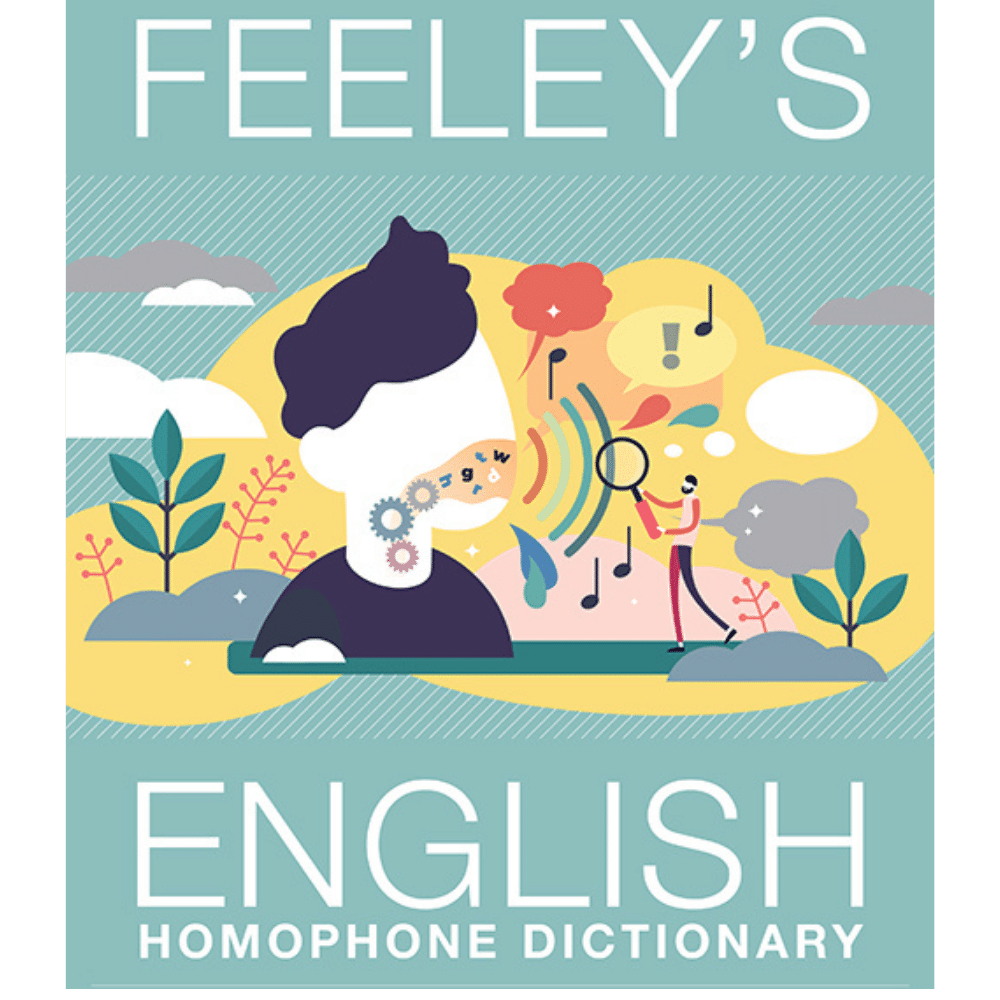Homophones for assonance, assonants
assonance / assonants [ˈæsənəns]
assonance – n. – the resemblance of sound between two syllables in nearby words, arising from the rhyming of two or more accented vowels, but not consonants, or the use of identical consonants with different vowels
assonants – n. pl. of assonant – a word or syllable that is assonant with another word or syllable
Discussion
As Percy Adams noted in his article, “The Historical Importance of Assonance to Poets,” assonance has been ignored compared to alliteration. He proposes that this is because alliteration is usually consonants and word initial.
Furthermore, since poetry is often read silently, people do not hear the assonance, but they can see the consonants and vowels used for alliteration.
Then the historical note about the phonetic shifts in vowel pronunciation – ah, the joys of phonetics. English consonants have tended to have more stable phonetics over the centuries.
This may account for the greater confidence that writers experience in using alliteration compared to assonance.
One would think that this would lead to more books being written about the latter to explain and enhance its usage. Sadly, the opposite exists.
Nevertheless, many poets regularly employ this tool to create delightful rhymes. Take the plunge. Read poetry aloud and hear the vowels echo around your space. Whether you are reading nursery rhymes or Beowulf, hearing the assonance will deepen the experience.
And the noun plural that sounds like this term? Assonants build the assonance. Think of them as the bricks in the wall.
Remember the wall is made of more than bricks.
